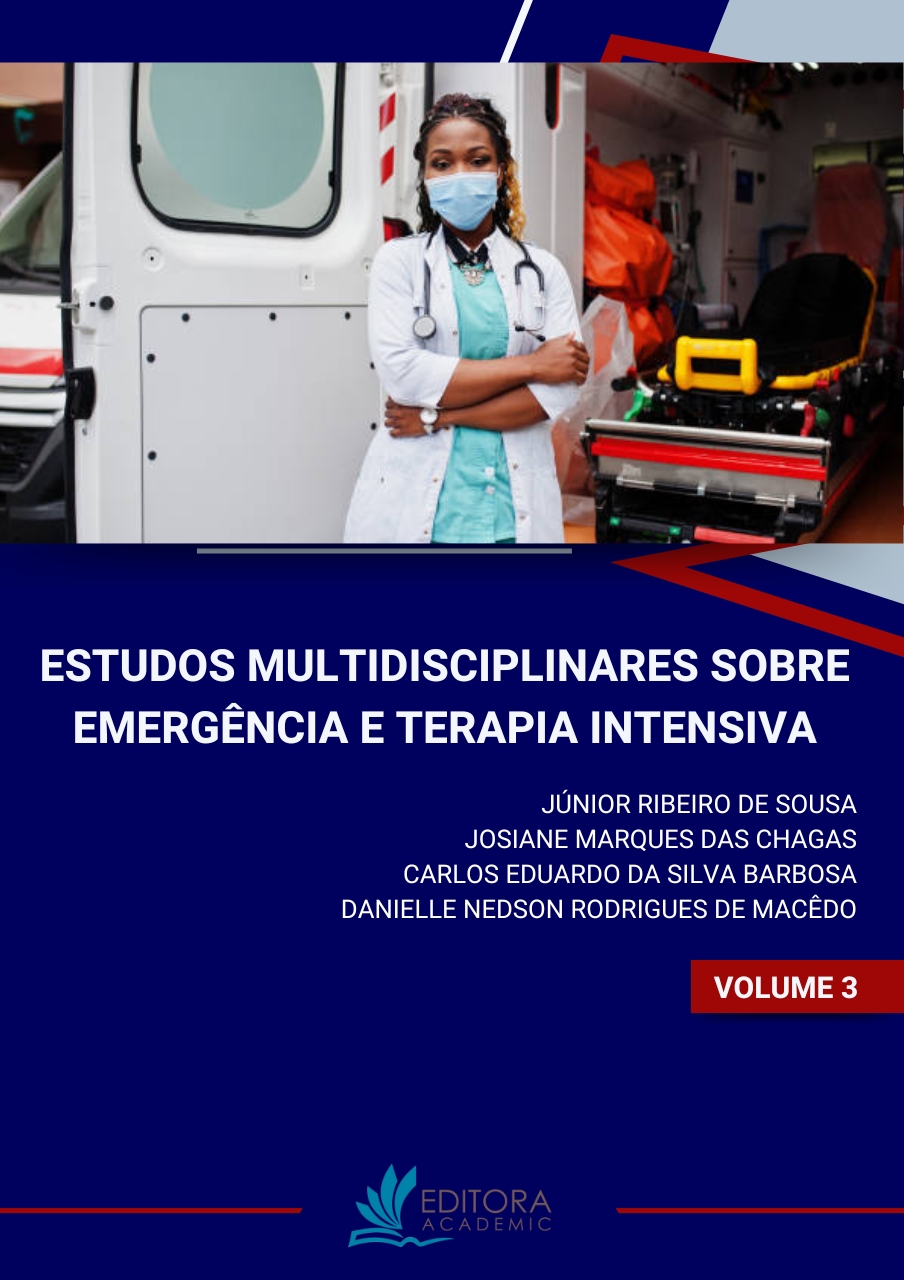
Introdução: O suporte ventilatório mecânico é um recurso de extrema importância no tratamento de pacientes com insuficiência respiratória. Porém a ventilação artificial afeta o músculo mais importante para o processo de inspiração, o diafragma, isso deve-se ao fato deste músculo entrar em desuso, acarretando prejuízos aos pacientes como a disfunção diafragmática induzida pela ventilação (DDIV). Objetivo: Investigar a fundo os mecanismos e fatores associados à disfunção diafragmática induzida pela ventilação no que tange à extubação da ventilação mecânica. Metodologia: Realizou-se uma revisão integrativa da literatura, com busca de descritores no DeCS/MeSH. Selecionados os descritores, a coleta de artigos foi realizada nas bases de dados que incluíram PubMed, Scielo, PEDro e BVS. Os critérios de inclusão adotados para os artigos nesta revisão foram estudos com data de publicação dentro dos últimos 10 anos e disponíveis na íntegra nos idiomas português e inglês. Artigos duplicados, não disponíveis na íntegra, com amostras de animais e revisões sistemáticas foram excluídos da análise. Resultados: A disfunção diafragmática está diretamente ligada ao tempo que o paciente está exposto à ventilação mecânica. Para avaliar o diafragma pode-se utilizar a ultrassonografia diafragmática, recurso que avalia a função e atividade deste músculo. Conclusão: As ações do profissional responsável pelo paciente em ambiente de unidade de terapia intensiva devem ser direcionadas com o objetivo de reduzir o tempo de internação do indivíduo evitando o desuso e atrofia da musculatura respiratória.